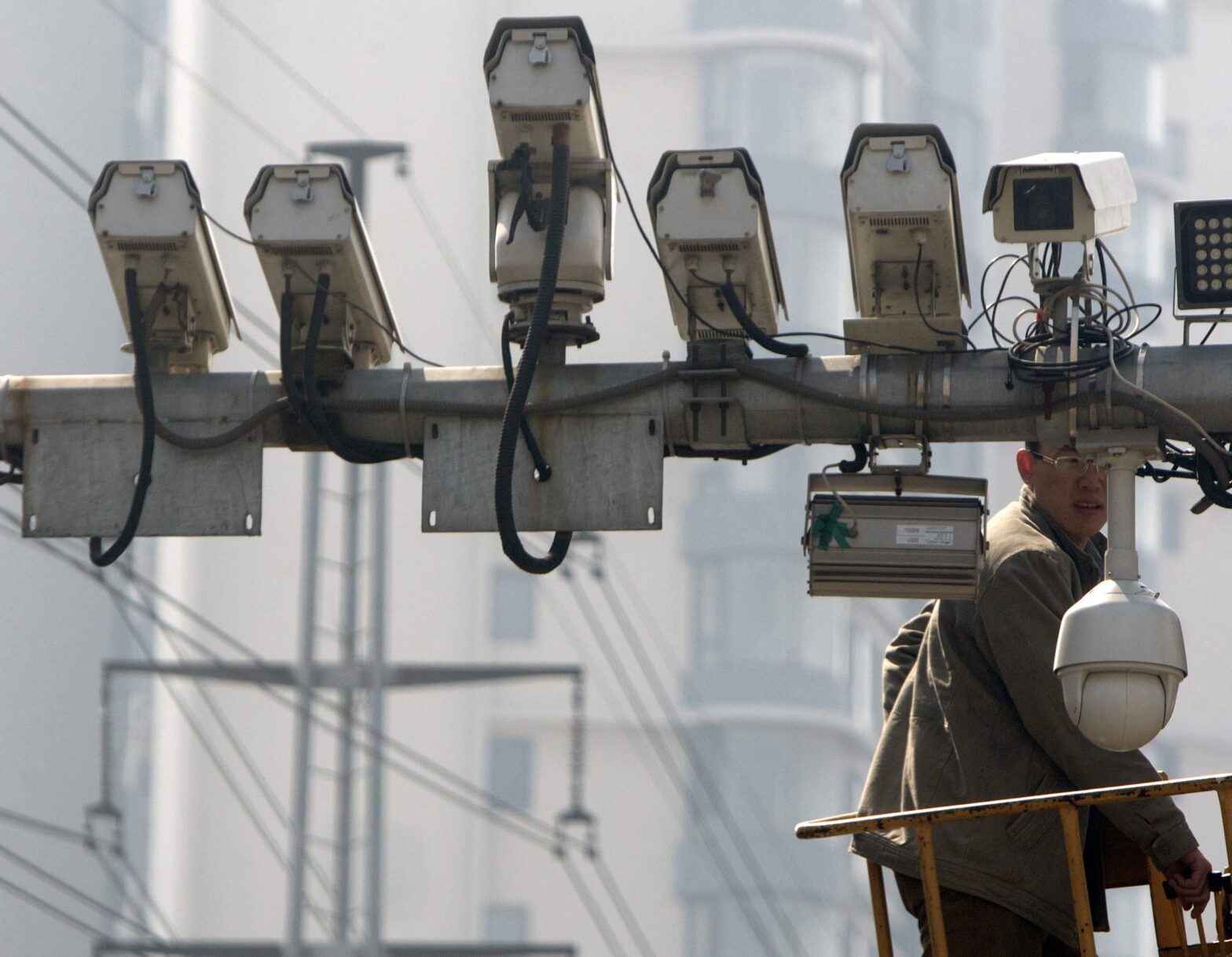Croatia’s accession to the European Union (EU) on July 1 is “an opportunity for the government to show its commitment to safeguarding human rights and to properly address outstanding abuses in the country”, Human Rights Watch (HRW) wrote in an open letter to Prime Minister Zoran Milanovic, released on Friday.
During a visit which HRW representatives paid to Croatia in June, the organisation documented a number of issues that require the government’s immediate attention, including the institutionalisation of people with mental or intellectual disabilities, overcrowding in reception centres for asylum seekers and refugees, lack of special protection for unaccompanied migrant children, and discrimination against ethnic Serbs and Roma, the letter notes.
“It’s clear Croatia still has much more work to do to bring its human rights protection up to par with EU standards,” said Hugh Williamson, Europe and Central Asia director at Human Rights Watch. “Zagreb should see the accession as an incentive to further improve rights protection, rather than a signal to slow down.”
In its 2010 report HRW documented the plight of more than 9,000 people with intellectual or mental disabilities still living in institutions in Croatia, and the lack of community based programs for housing and support. Despite recent action to deinstitutionalise two centers benefitting some 400 people, no comprehensive efforts have been made to address the precarious situation of thousands of others still inside institutions, the letter says.
Overcrowding in reception centres for asylum seekers remains a problem, and, with an anticipated rise in asylum seekers once Croatia becomes an external border of the EU, the government should increase the number of centres accordingly. Hundreds of unaccompanied migrant children lack the specialized protection required by international law, and are consequently at risk of becoming victims of crimes such as trafficking and forced labor, the letter goes on.
Considerable efforts are also needed to protect the rights of ethnic Serbs and Roma. People who were stripped of tenancy rights during the war, a majority of whom are Serbs, continue to face difficulties in benefitting from a program that permits the purchase of property at below market rates, due to the onerous costs of applications and cumbersome administrative procedures. Moreover, due to a lack of personal documents, hundreds of Roma find it difficult if not impossible to access basic state services, such as health care, social assistance, and education, HRW asserts.
